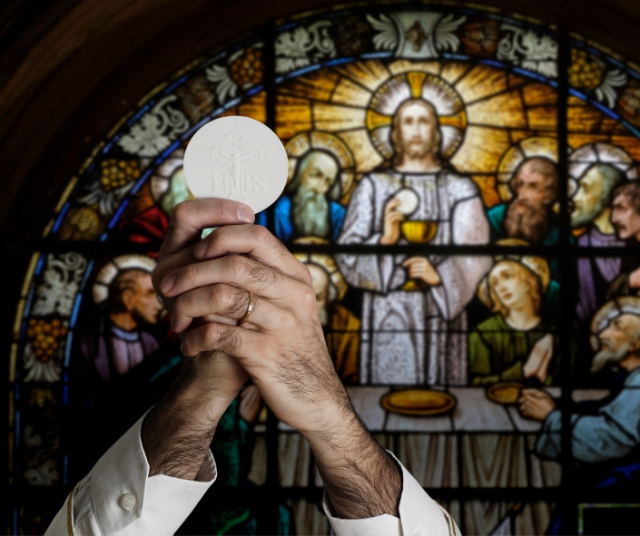The Corpus Christi festival is an important celebration in the Christian tradition that commemorates the real presence of Jesus Christ in the sacrament of the Eucharist. This holiday is held in different parts of the world with various rituals and customs, but its meaning is universal. Learn about the historical origin of Corpus Christi, its spiritual importance and how it is celebrated in different cultures. As we delve into the subject, we will discover the symbolic and theological background of this holiday, which has deep roots in the Christian faith.
Origin and History of Corpus Christi
Corpus Christi, which means " Body of Christ " in Latin, finds its roots in the 13th century. The festivity was instituted by Pope Urban IV in 1264, who issued the papal bull " Transiturus de hoc mundo ", in which the celebration of Corpus Christi was officially established. This bull was promulgated in response to reports of a Eucharistic miracle that took place in the Italian town of Bolsena, where a consecrated host was said to bleed during Mass. Pope Urban IV, who had been the bishop of the city of Orvieto (near Bolsena), was convinced of the authenticity of the miracle and decided to establish a special festival to honor the Eucharist.
The first Corpus Christi was celebrated in the city of Orvieto on August 11, 1264, and it soon spread to other parts of Europe . Later, Pope John XXII further promoted the holiday by adding it to the universal liturgical calendar in 1317. Since then, Corpus Christi has become a holiday of great importance in the Catholic Church and other Christian denominations.
Spiritual Importance of Corpus Christi
Corpus Christi is a holiday of deep spiritual significance for Christians. In the sacrament of the Eucharist, the faithful believe that the bread and wine become the Body and Blood of Jesus Christ. This belief is based on the words of Jesus during the Last Supper, when he took the bread, blessed it, broke it and said to his disciples: "This is my body, which is given for you" (Luke 22:19). When celebrating Corpus Christi, Christians honor and adore Jesus present in the Eucharist , acknowledging his redemptive sacrifice and unconditional love.
The Corpus Christi festival is also an opportunity to reflect on the mystery of faith and the unity of the Christian community. During the Corpus Christi procession, the faithful carry the Blessed Sacrament in a public procession, manifesting their faith and their unity around Christ. This external manifestation of faith reinforces the sense of community and the importance of fellowship among believers.
Corpus Christi celebrations
The Corpus Christi holiday is celebrated around the world in different ways, incorporating cultural elements and local traditions. Let's see some of the most outstanding celebrations:
Spain : In Spain , especially in some regions like Toledo and Seville, impressive processions take place during Corpus Christi. The streets are decorated with carpets of flowers and ephemeral altars are built for the occasion. During the procession, the Blessed Sacrament is carried in a golden monstrance, accompanied by music and traditional dances.
Mexico : In Mexico , Corpus Christi is a festivity deeply rooted in the culture. The streets are filled with color and joy with parades and traditional dances. Colored sawdust rugs with religious representations and indigenous motifs are also made.
Italy : In Orvieto , the city where the first Corpus Christi was celebrated, a solemn procession takes place with the monstrance housing a consecrated host. During the procession, the streets are decorated with flags and banners, and flower petals are thrown from the balconies.
These are just examples of how Corpus Christi is celebrated in different parts of the world. Each culture brings its own richness and uniqueness to the festivity, but the spiritual core of the celebration remains intact: to honor and adore Jesus present in the Eucharist.
Symbolism and Theology of Corpus Christi
Corpus Christi is imbued with rich symbolism and has a strong theological foundation. The bread and wine used in the Eucharist are symbols of the body and blood of Christ . In the Christian tradition, bread is considered spiritual food that nourishes and strengthens the faith of believers, while wine represents the blood of Christ, shed for the salvation of humanity. Through these symbols, Christians believe that an intimate communion with God is established.
In addition, Corpus Christi also highlights the importance of unity and brotherly love in the Christian community. By celebrating the Eucharist together and participating in the procession, the faithful reaffirm their commitment to live in communion and mutual love, following the example of Jesus .
